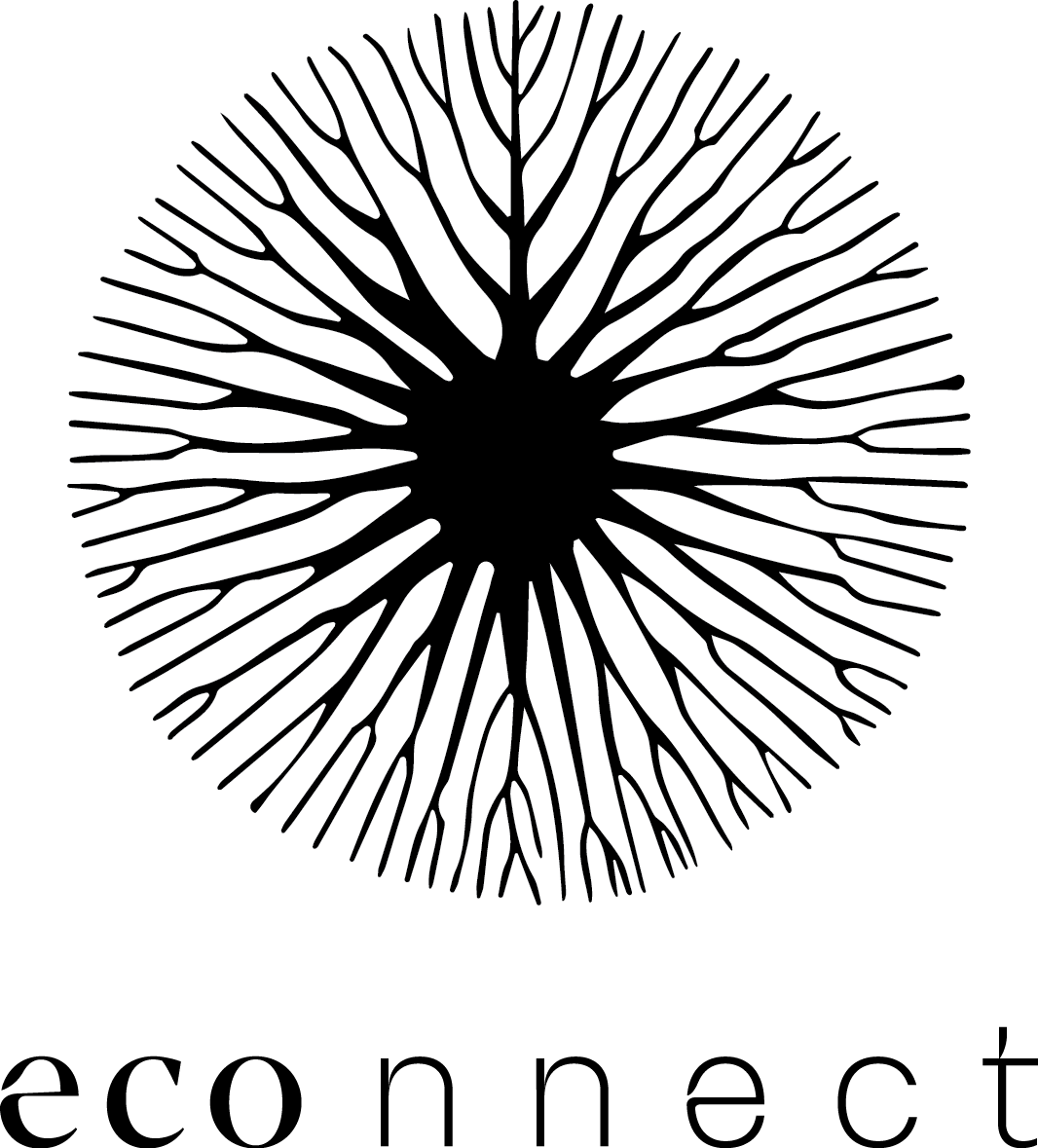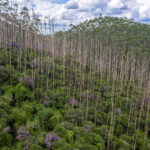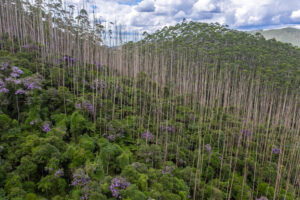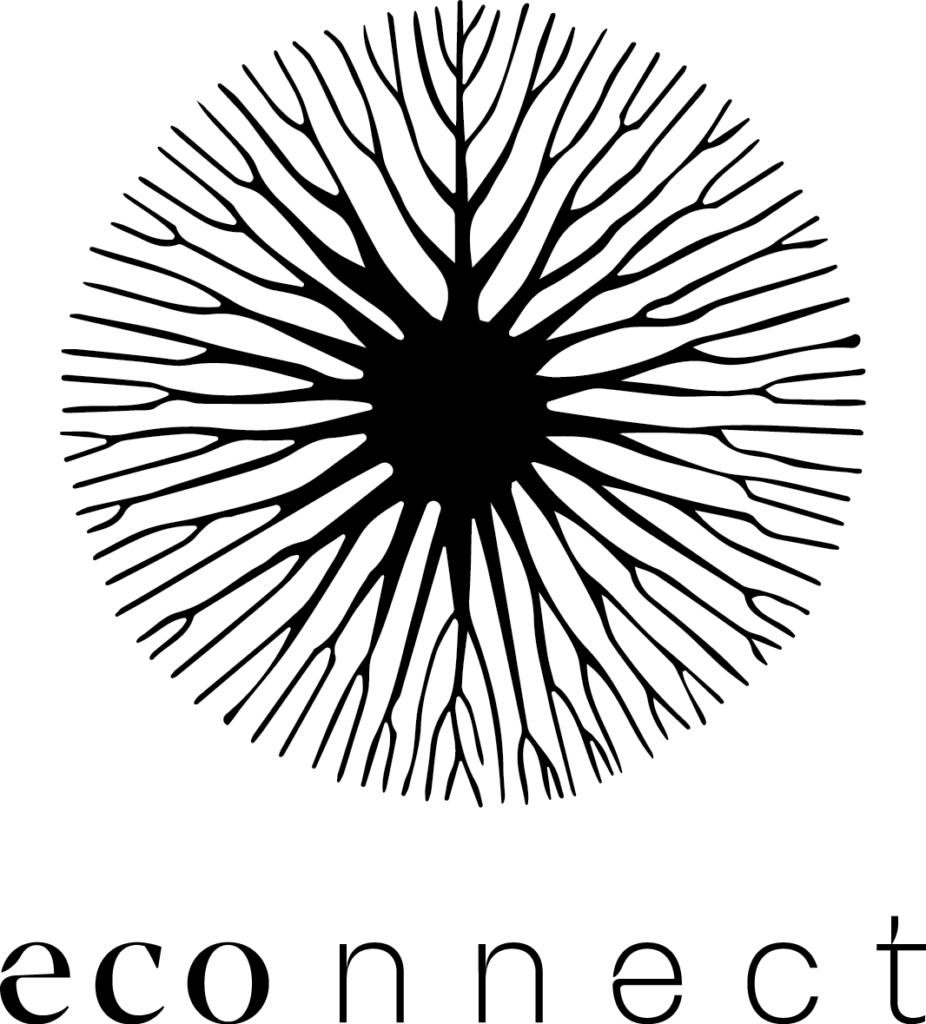Some people are calling it the seaspiracy effect. Whilst consumers globally pledge to boycott seafood, here 6 health reasons to keep your seaspiracy promise.
by going Fishless you are…
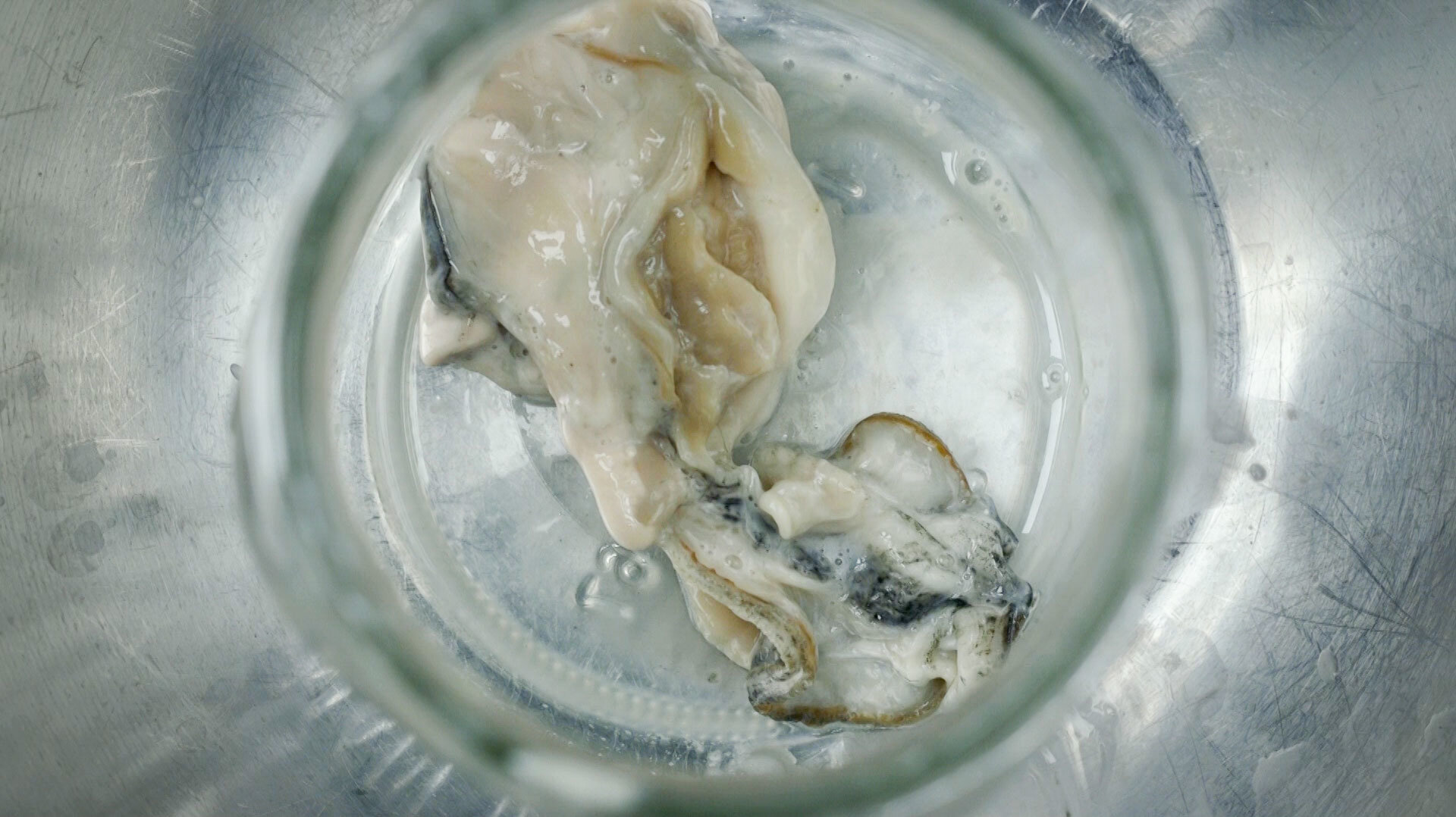
1. not ingesting as many microplastics
They seem to accumulate the most in shellfish as they are the oceans’ filters, however studies have found traces of microplastics in fish flesh as well.
Unsurprisingly microplastics have now found their way into human placentas too…

2. avoiding mercury poisoning and other heavy metals
Large fish: eg. swordfish, tuna, sharks, halibut, wild sturgeon, opah, orange roughy, Chilean sea bass, blue crab, lingcod, Spanish mackerel, spotted seatrout, wahoo, grouper, snapper, halibut, tilefish, rockfish, sablefish…and more, have a high bioaccumulation of heavy metals, particularly mercury.
These are highly toxic and can lead to mercury poisoning. Mercury poisoning can cause nervous system disorders and reproductive issues as well as developmental problems in children and unborn babies.

3. eating omega-3 fatty acids as they actually originate in algae not fish
There is a common misconception that fish are necessary in your diet as they provide omega-3 fatty acids. But who provides the fish with omega 3s? Algae.
So here a list of plant-based sources of omega 3 fatty acids:
- chia seeds, flax seeds and hemp seeds
- algae oil, soy oil, and olive oil
- uts: walnuts and almonds
- avocados
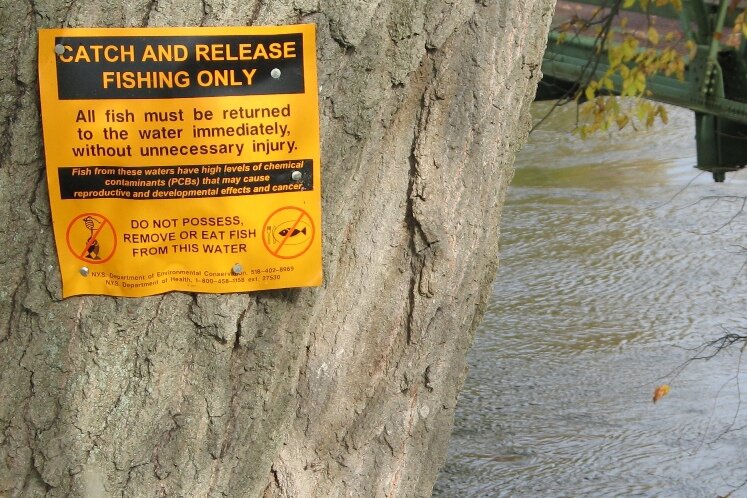
4. not ingesting toxic pollutants such as PCBs
To no surprise, monsanto was the sole manufacturer of polychlorinated biphenyls (PCBs). They have no been banned since 1979 in the US due to its carcinogenic and toxic attributes.
Today, monsanto is still receiving PCB law suits, as their inappropriate disposal of PCB has left several rivers and waterways around the world toxic—including its fish.
Influencers That Will Make You Want to Become Vegan

5. not ingesting antibiotics from farmed fish
Farmed fish are confined, this creates an unnatural environment where they ingest their own excrements, leading to an array of diseases.
Fish farmers have to use large amounts of antibiotics to contain these spreads, you eat those antibiotics.
Earthling Ed to Open Chain of Vegan Fish & Chips across UK

6. not ingesting colorings from farmed salmon
Farm raised salmon are naturally grey, and wild salmon are naturally pink as they ingest krill and shrimp that have astaxanthin (a natural pigment).
Salmon farmers need to add synthetic astaxanthin to achieve the same colour.

global distribution of PCB
